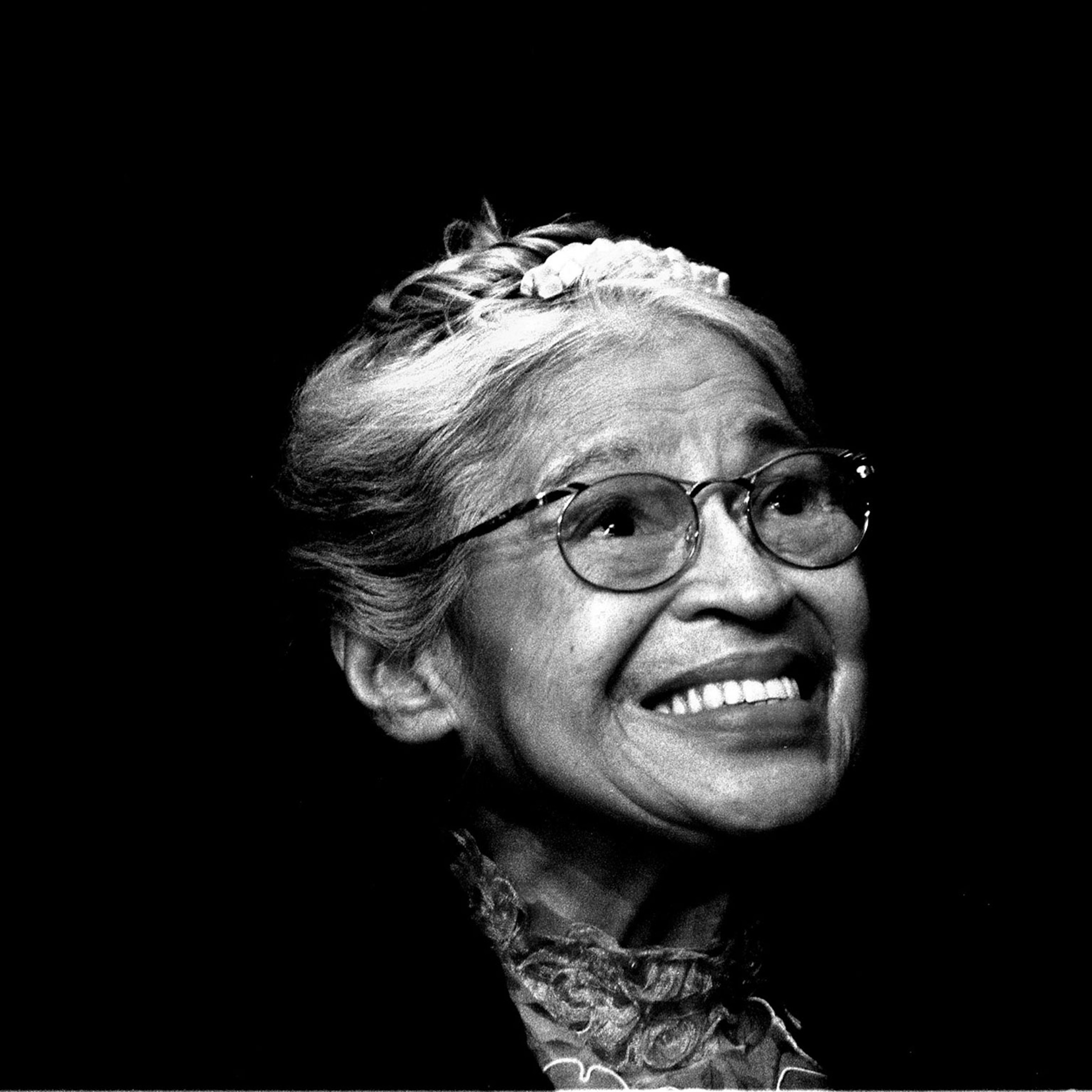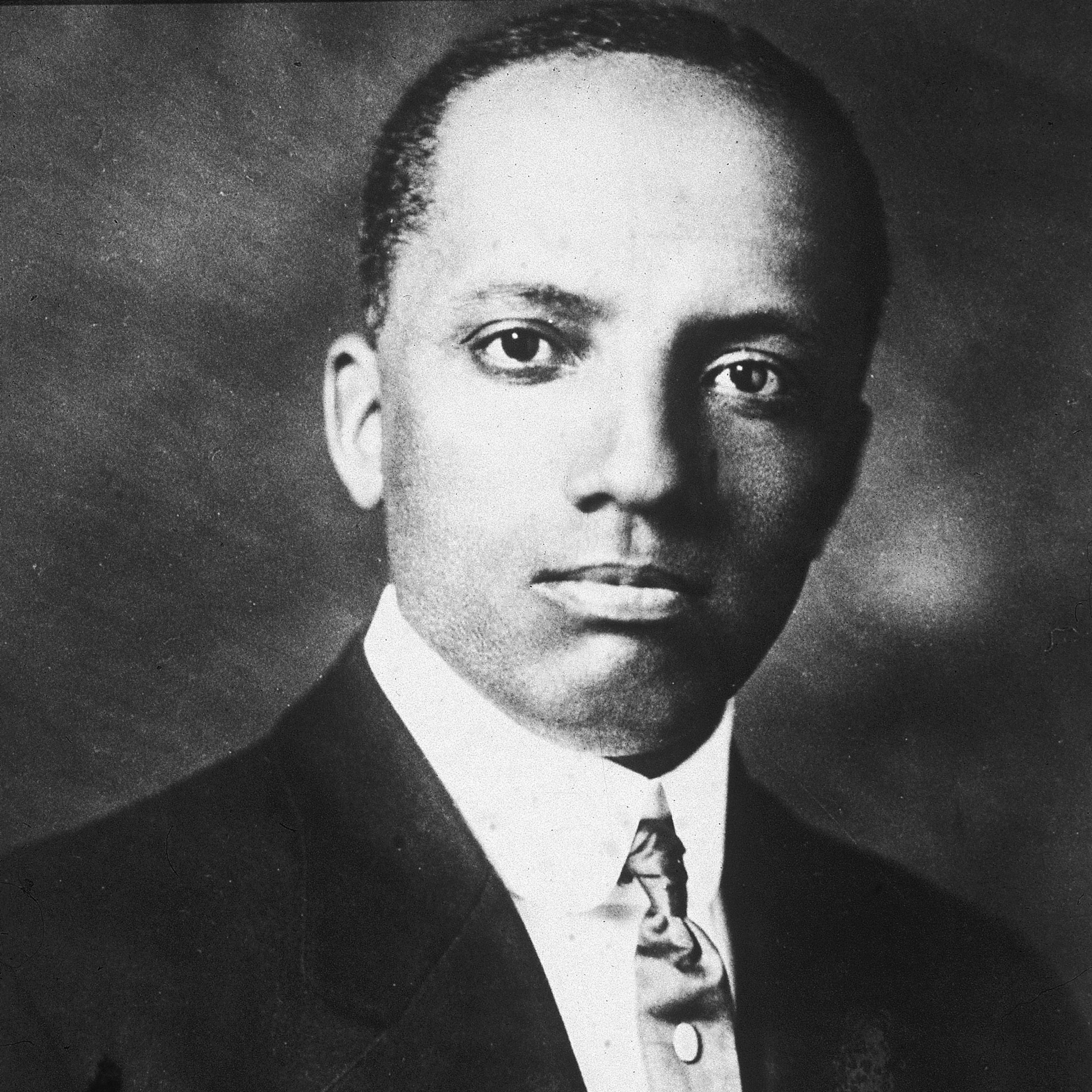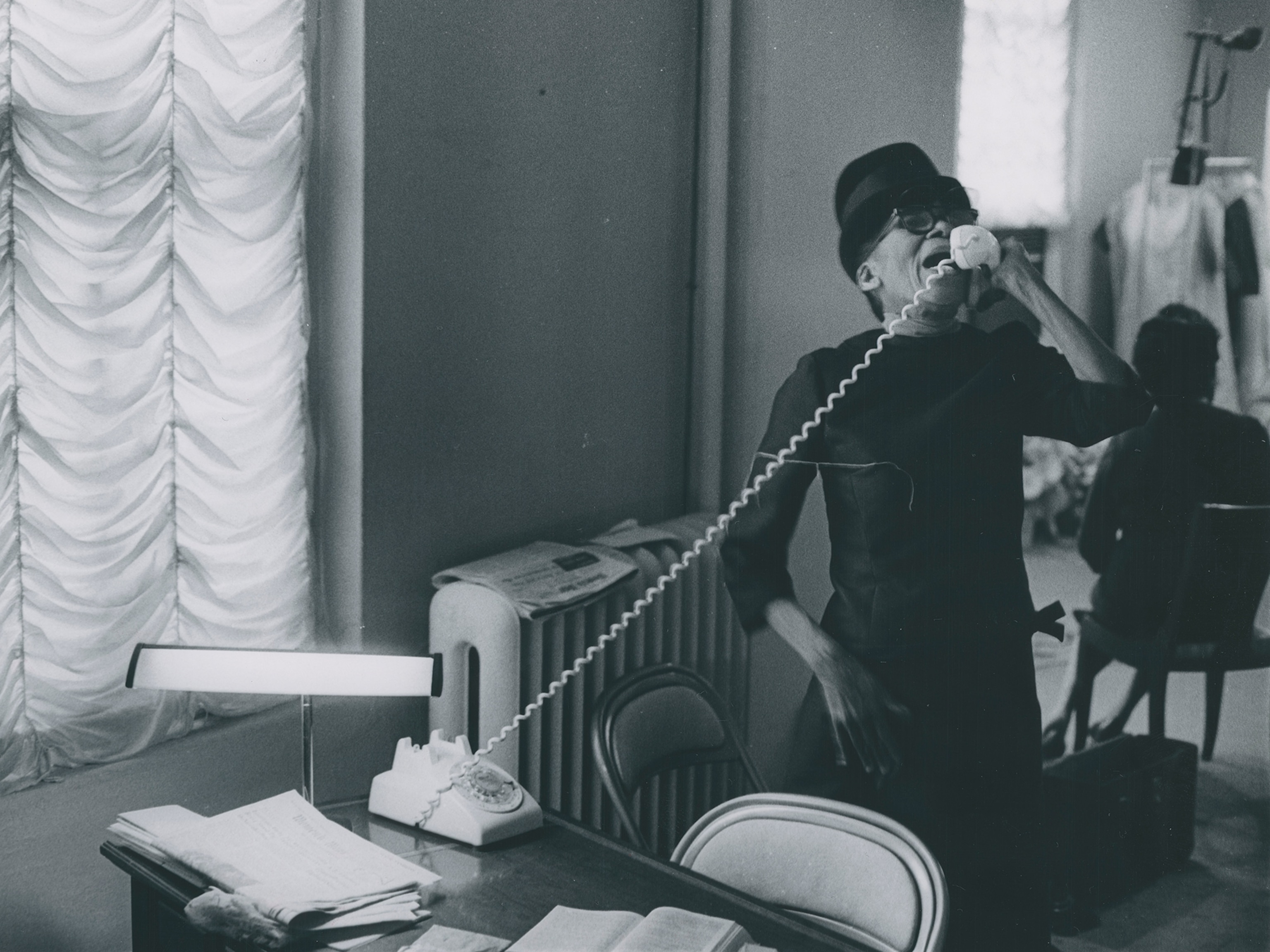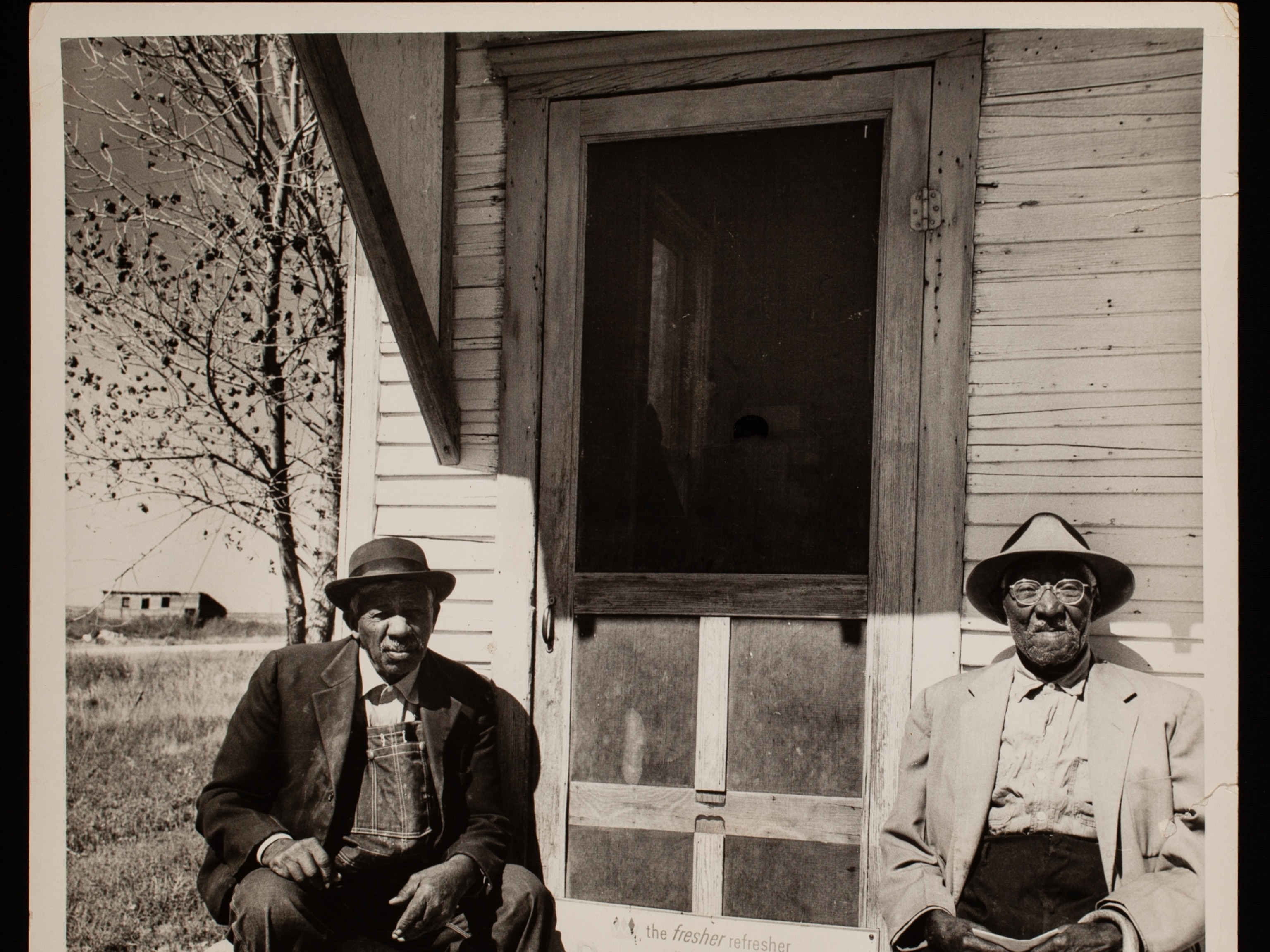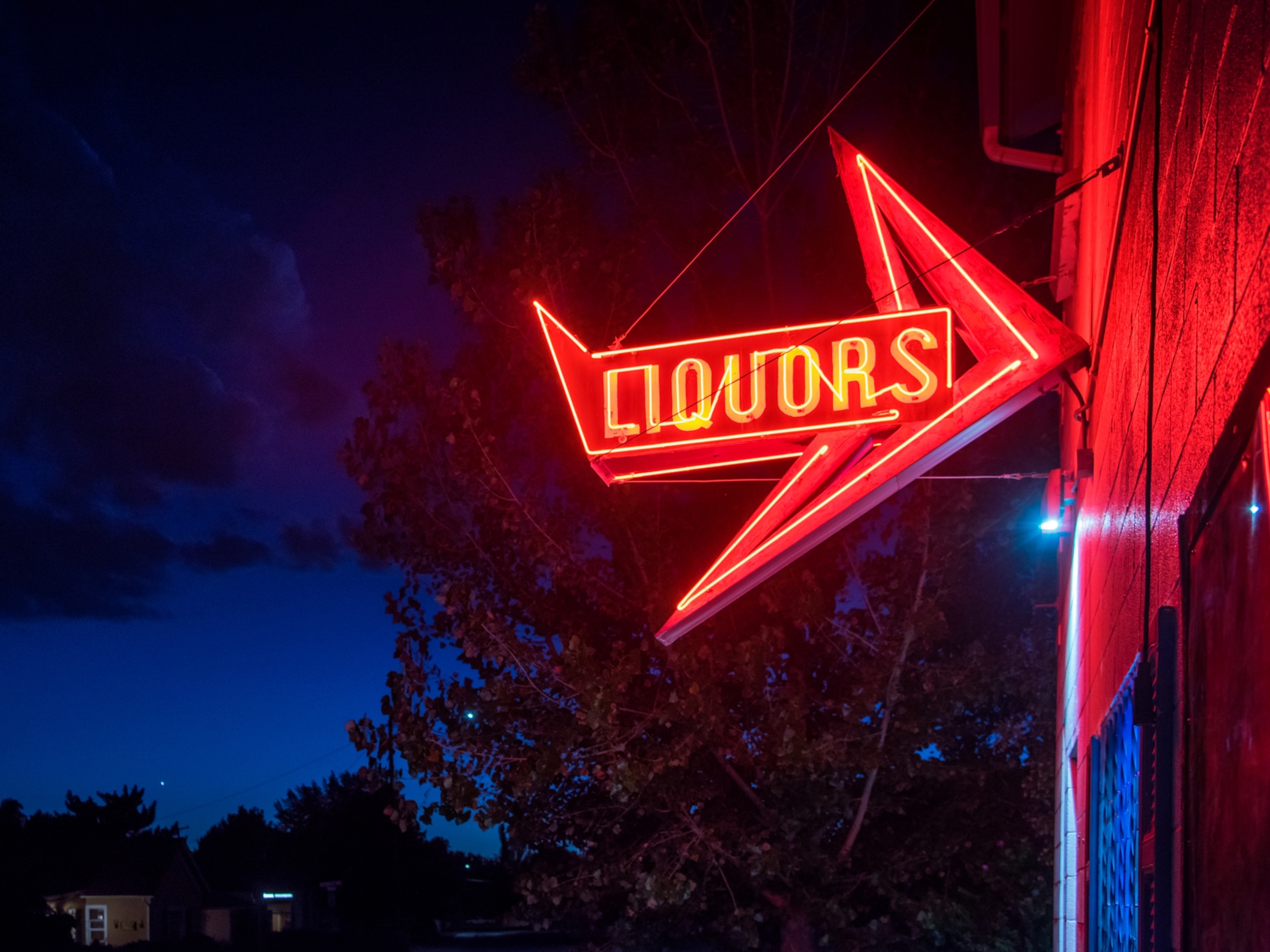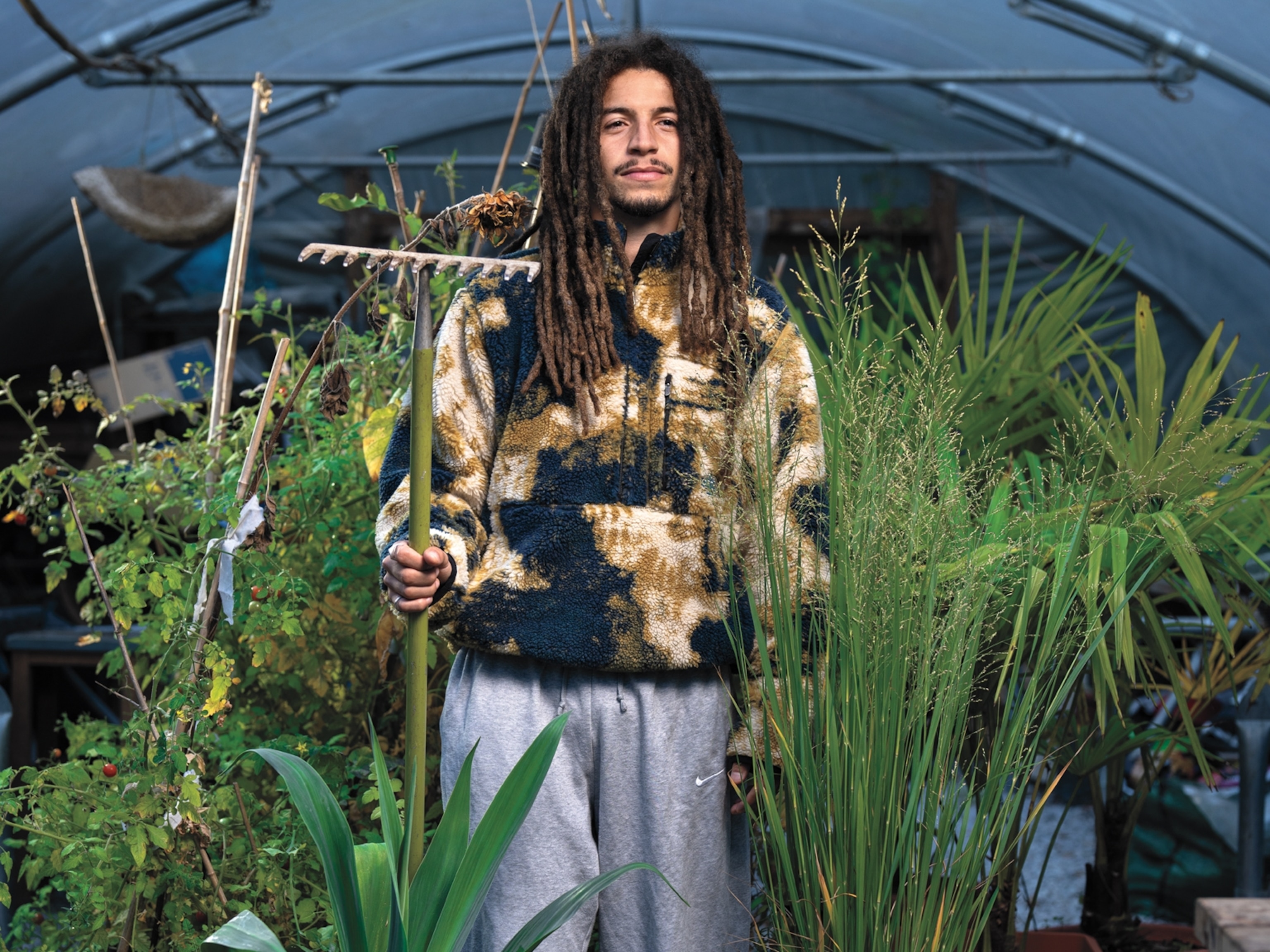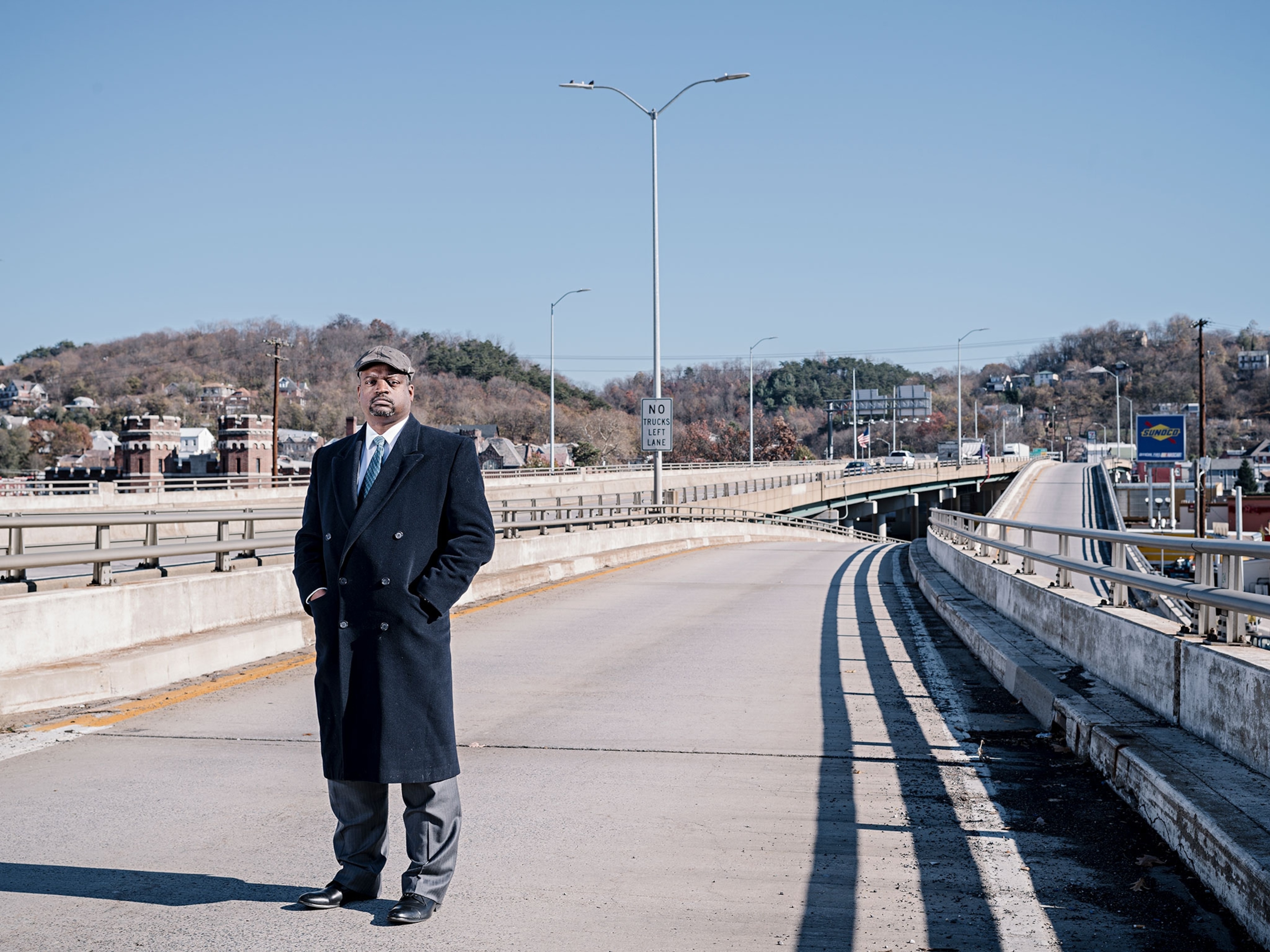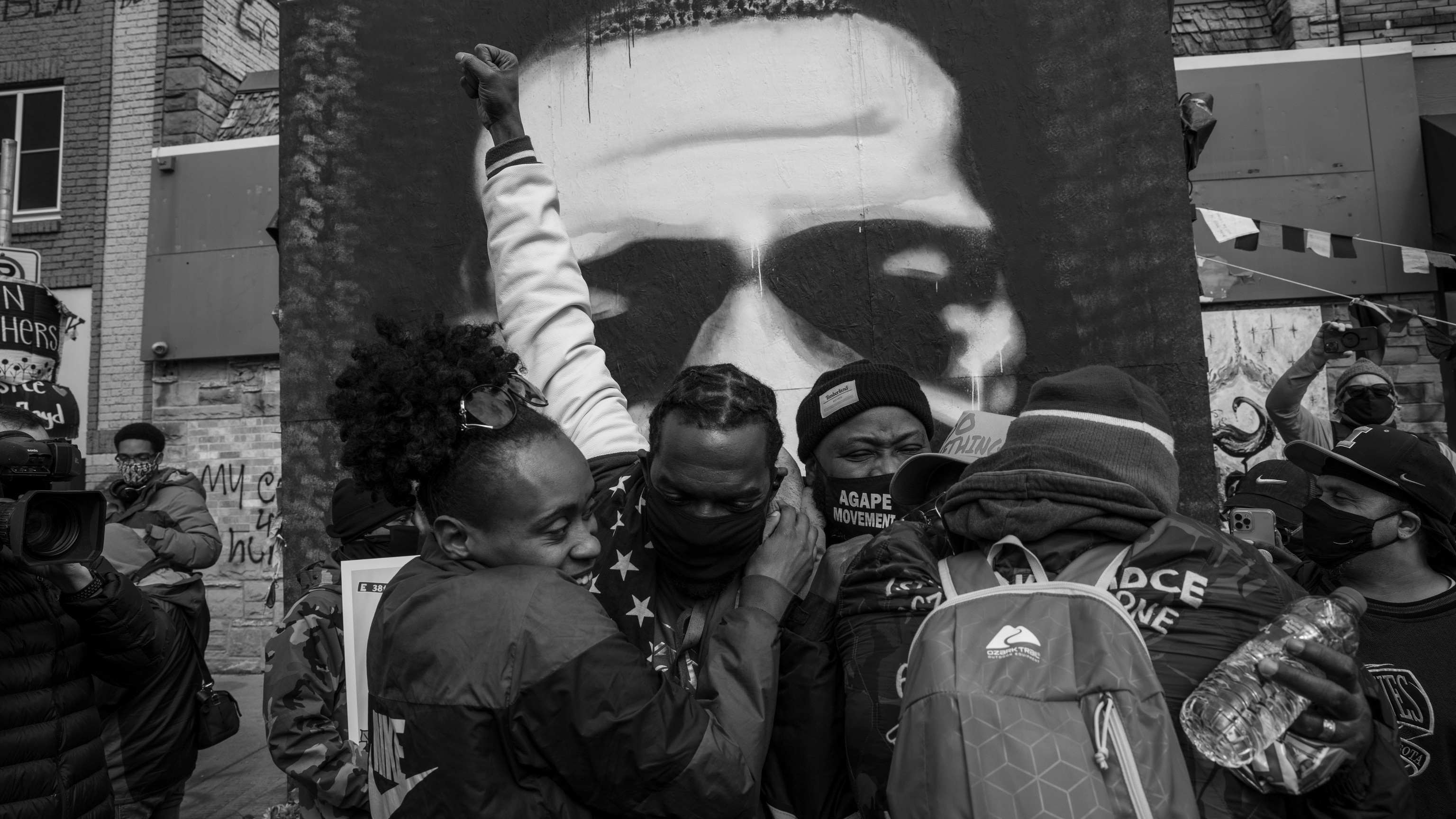
American racial justice remains a work in progress—but today George Floyd’s life mattered
The racial reckoning following Floyd’s death revealed the challenges facing the nation and, hopefully, a way through them.
Parts of Minneapolis resembled a fortress this week. Many of the city's businesses, its courthouse and multiple police precincts were boarded or surrounded by barbed wire. Many other American cities, including Chicago, Los Angeles, Atlanta, Philadelphia, and Washington, D.C., continued to hope for peace in the coming days, but have also taken deliberate steps to prepare for the worse. National Guard troops were on call throughout the nation in the event that Floyd’s killer had been declared innocent.
But justice has been served.
An alleged counterfeit $20 bill should not have cost George Floyd his life at the hands of government. The path to justice should not have required the bravery of one teenage girl with a cellphone, capturing the final minutes of Floyd’s life under the knee of a Minneapolis police officer. However, profound social change can materialize in the most unexpected circumstances, and involve the most unlikely people.
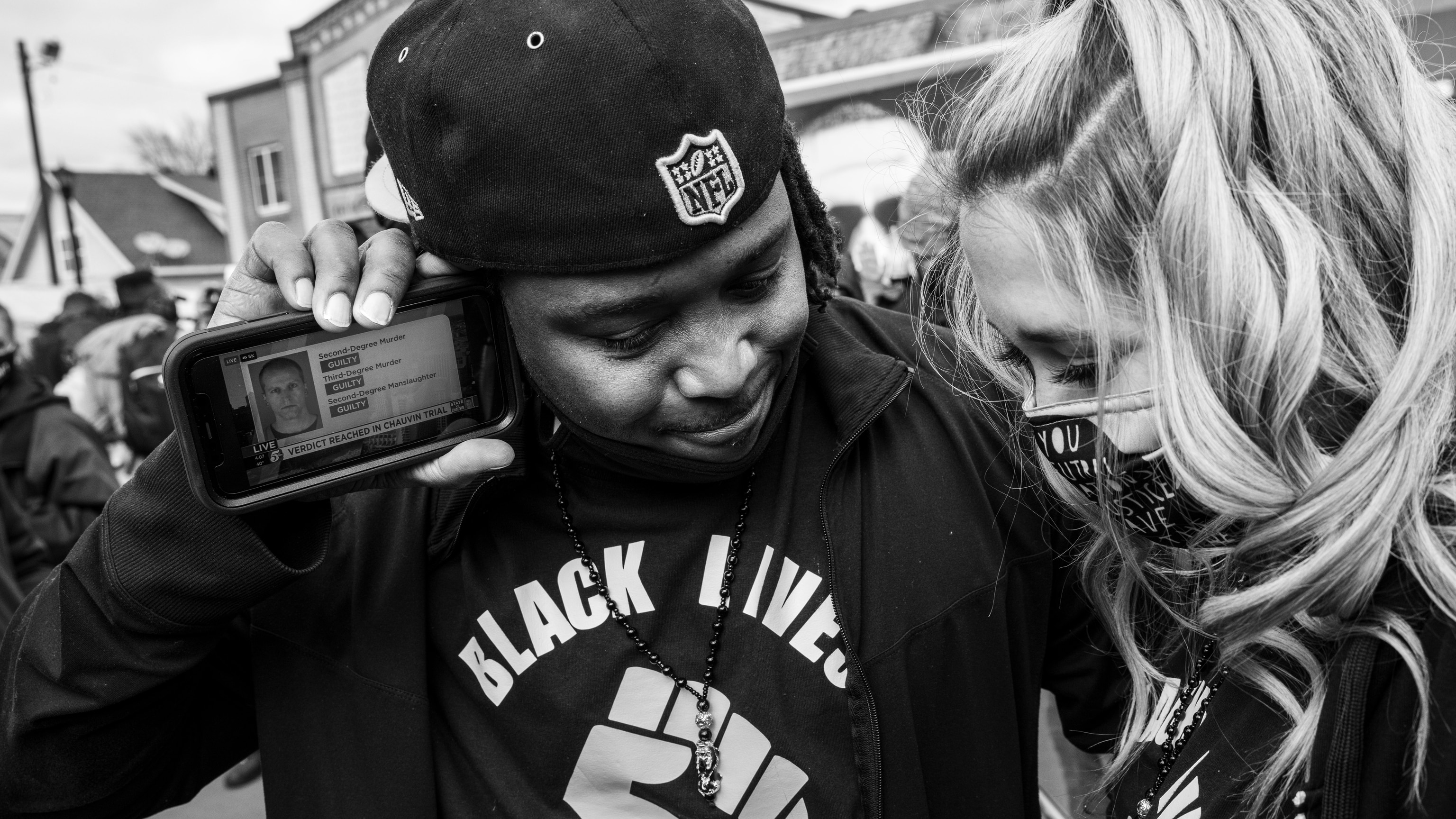
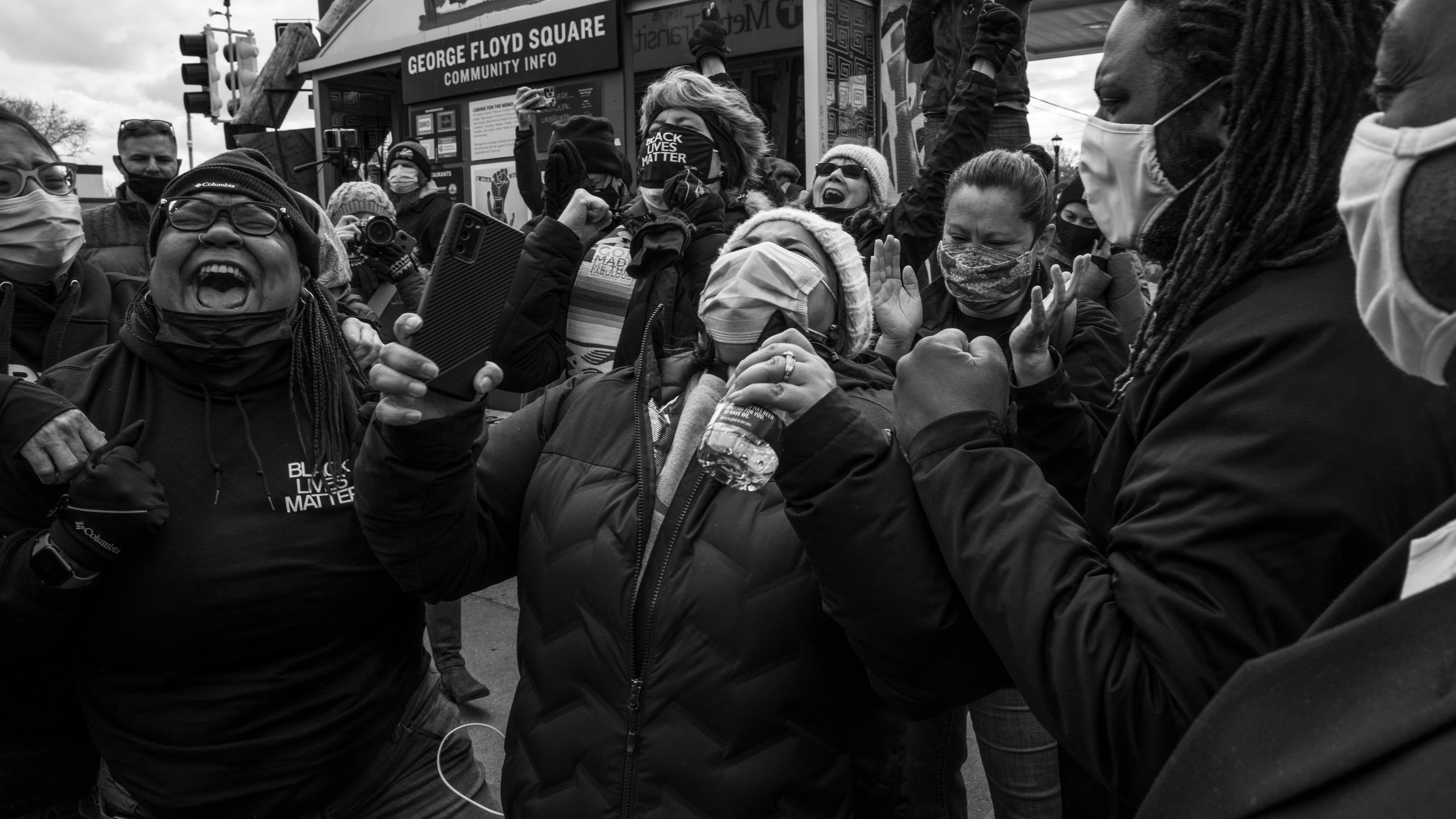
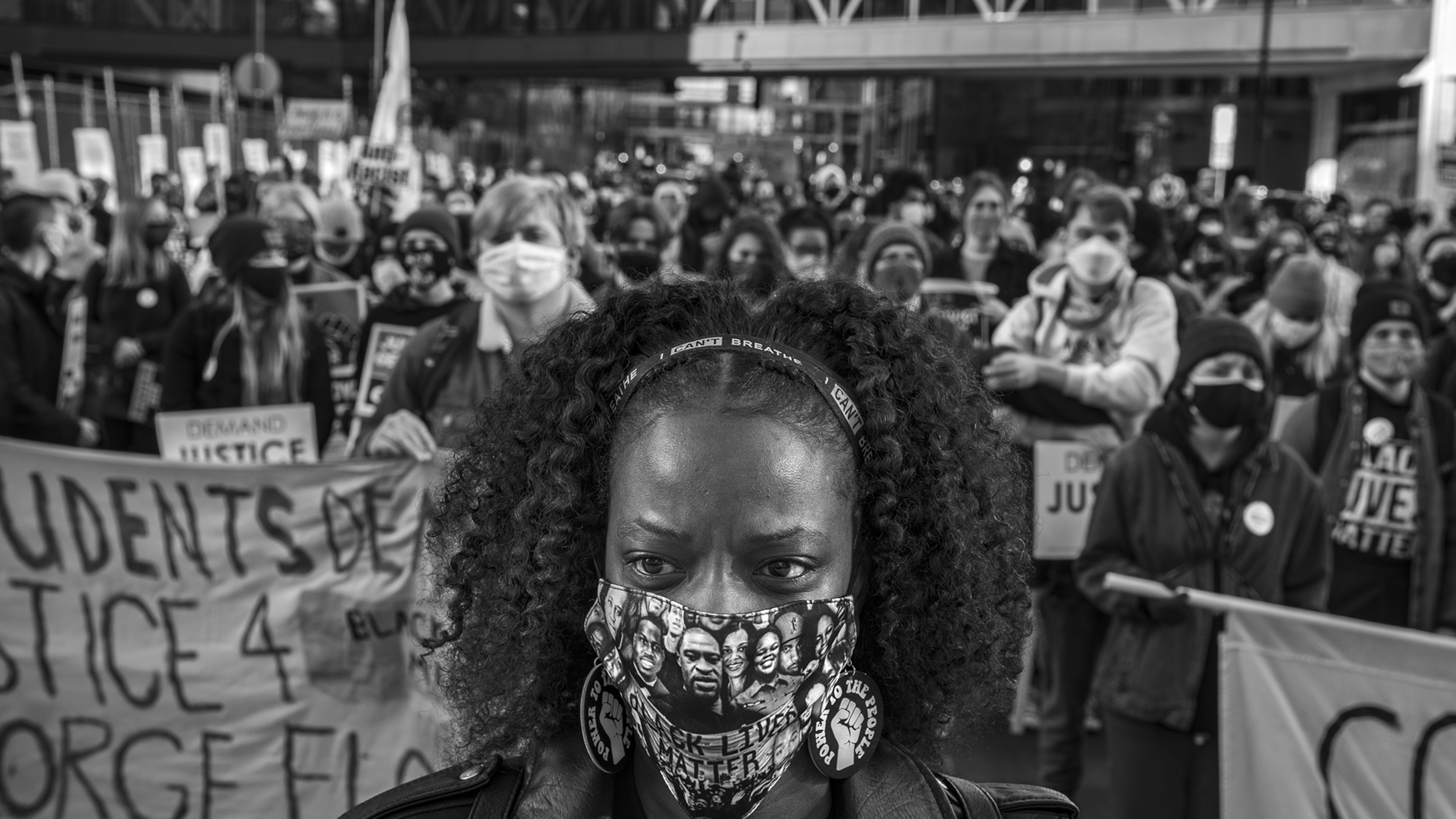
The world saw the video of Floyd’s suffering, and the calculated indifference of Derek Chauvin, a veteran Minneapolis police officer--and millions rose en masse, changed by what they witnessed, and laser-focused on their demand for justice. Tuesday afternoon, that justice was delivered. Chauvin was found guilty on all charges: second-degree unintentional murder, third-degree murder, and second-degree manslaughter. The speed with which the jury delivered a unanimous verdict showed that there was never really any doubt about the state’s case against the rogue police officer.
Now, the challenge facing the nation remains clear. The drive for systemic change and reform in the delivery of racial justice in the wake of Floyd’s death must be sustained. As we collectively process the meaning of the verdict rendered in the State of Minnesota versus Derek Michael Chauvin, the coming weeks and months will reveal whether systemic racial justice and improved police and community relations will prove to be Floyd’s lasting legacy.
Even with the verdict only hours old, scenes of people celebrating the verdict were juxtaposed against the backdrops of cities prepared to respond to chaos had a different verdict been reached. As of this writing, cities remain vigilant and prepared for yet another round of public protest, sparks of civil unrest, and continued cultural polarization as the sustained reckoning on policing and racial injustice continues to confront the nation.
President Joe Biden spoke with Floyd’s family Monday after the trial’s closing arguments, and he offered them words of encouragement. He said publicly afterwards that he was praying for a guilty verdict. But that was the jurors' job, and they did it swiftly, efficiently, sequestered from all outside noise and influence.
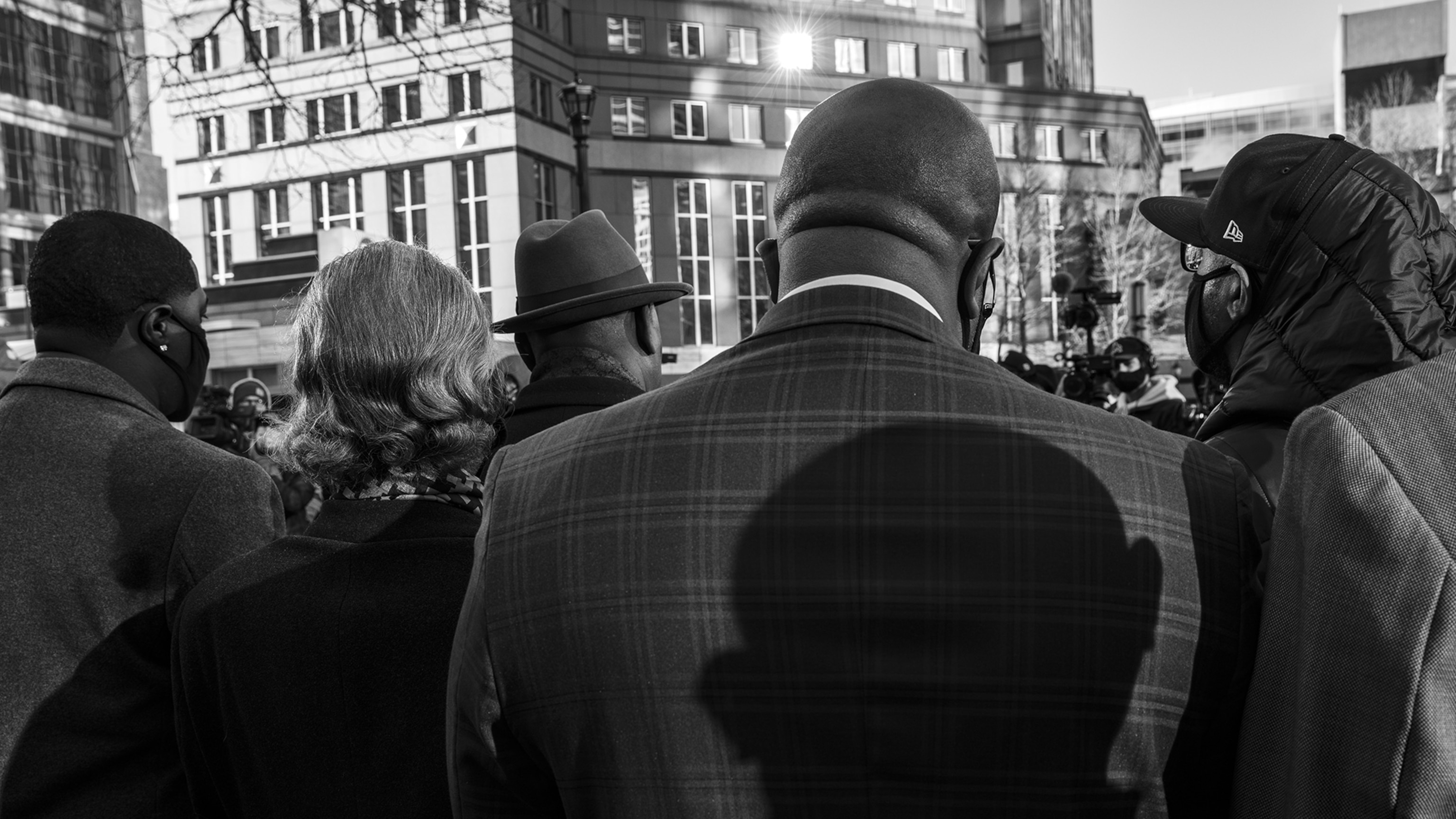
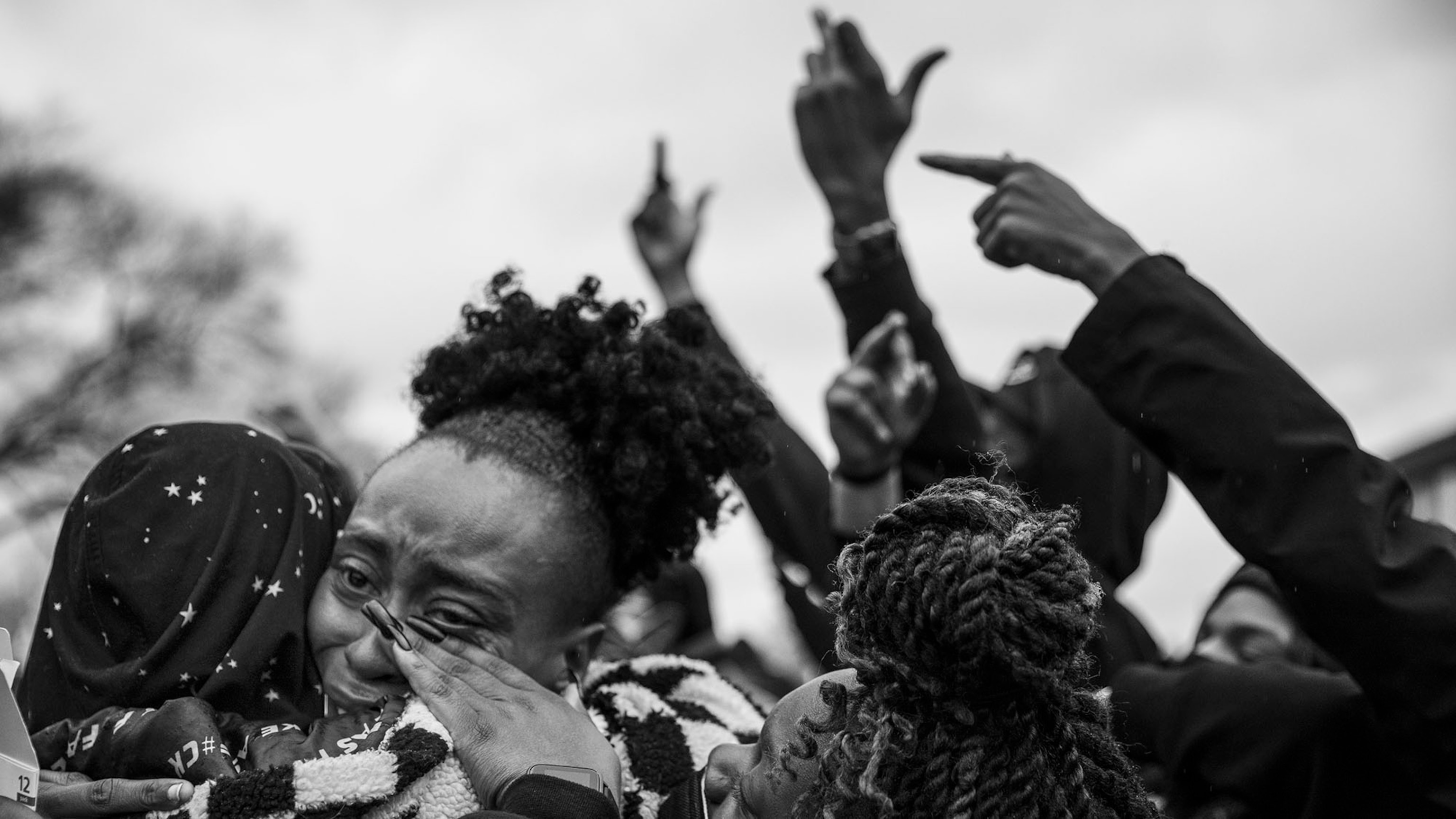
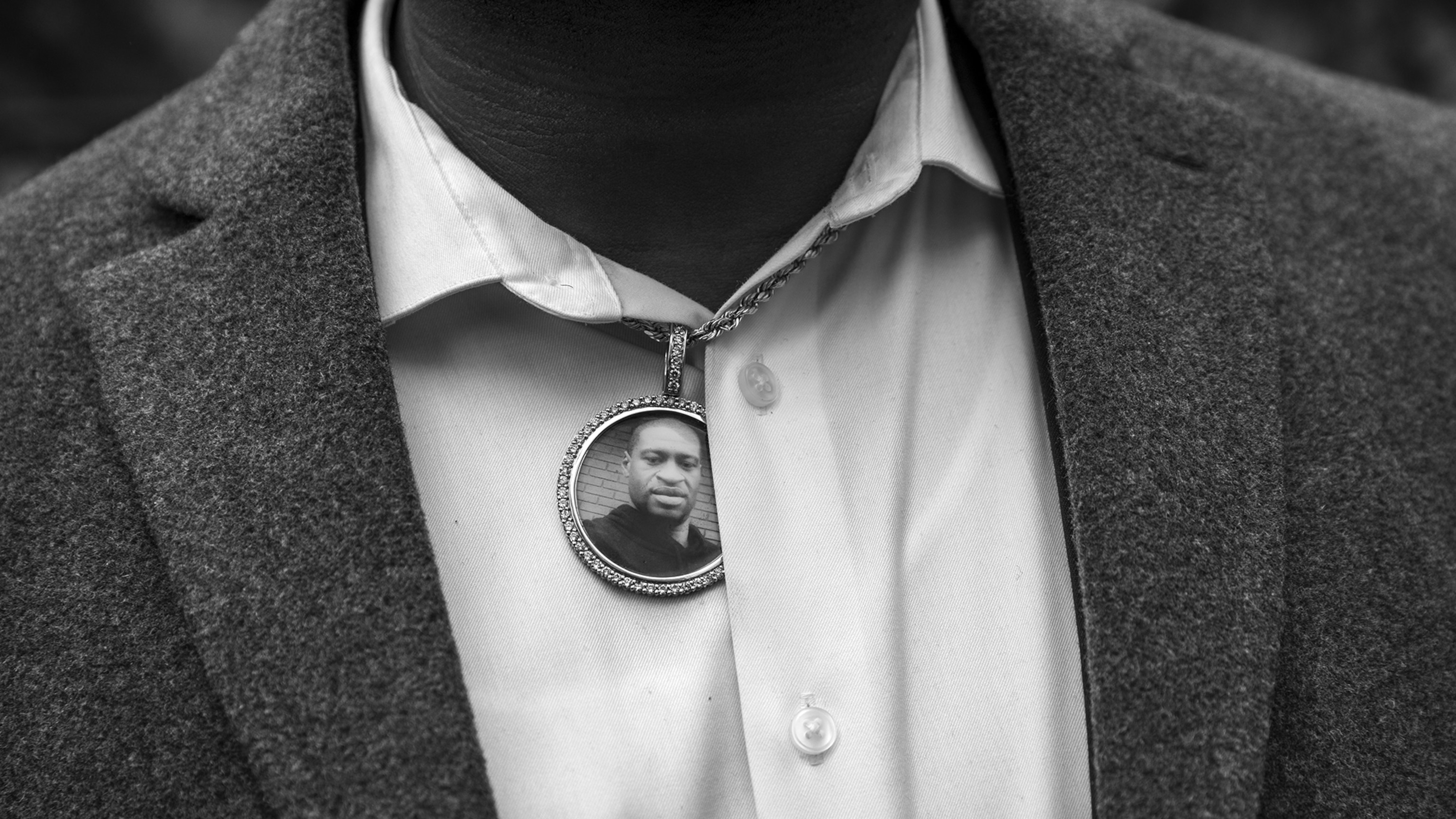
Now what? Where do we go from here?
It’s frightening how fragile we remain.
We know how we reached this point. The world watched that cellphone video, Memorial Day 2020, Chauvin kneeling on Floyd’s neck and back, nine minutes and 29 seconds, while he died. Chauvin, 45, was promptly fired and brought up on charges. During the three-week trial, his defense argued that Chauvin used reasonable force to restrain Floyd, and that the force was consistent with what he had been trained to apply to resisting suspects. The defense suggested that at Floyd died from health issues, unrelated to the officer’s knee pressed into his neck. They argued the crowd of onlookers affected police response at the scene.
Trial jurors and much of the rest of the world saw a different story. The image of Floyd, a desperate man dying from suffocation in the custody of police, was burned into the public psyche. With his death, millions saw firsthand an excruciating narrative long advanced by African Americans --that as a race of people, they are routinely targeted by police for extrajudicial punishment that often ends in death.
After viewing the horrific video of Floyd handcuffed and lying on his stomach, gasping for air, and crying out in fear for his life and calling for his mother, millions of protestors from around the globe took the streets to protest the gruesome spectacle they had witnessed.
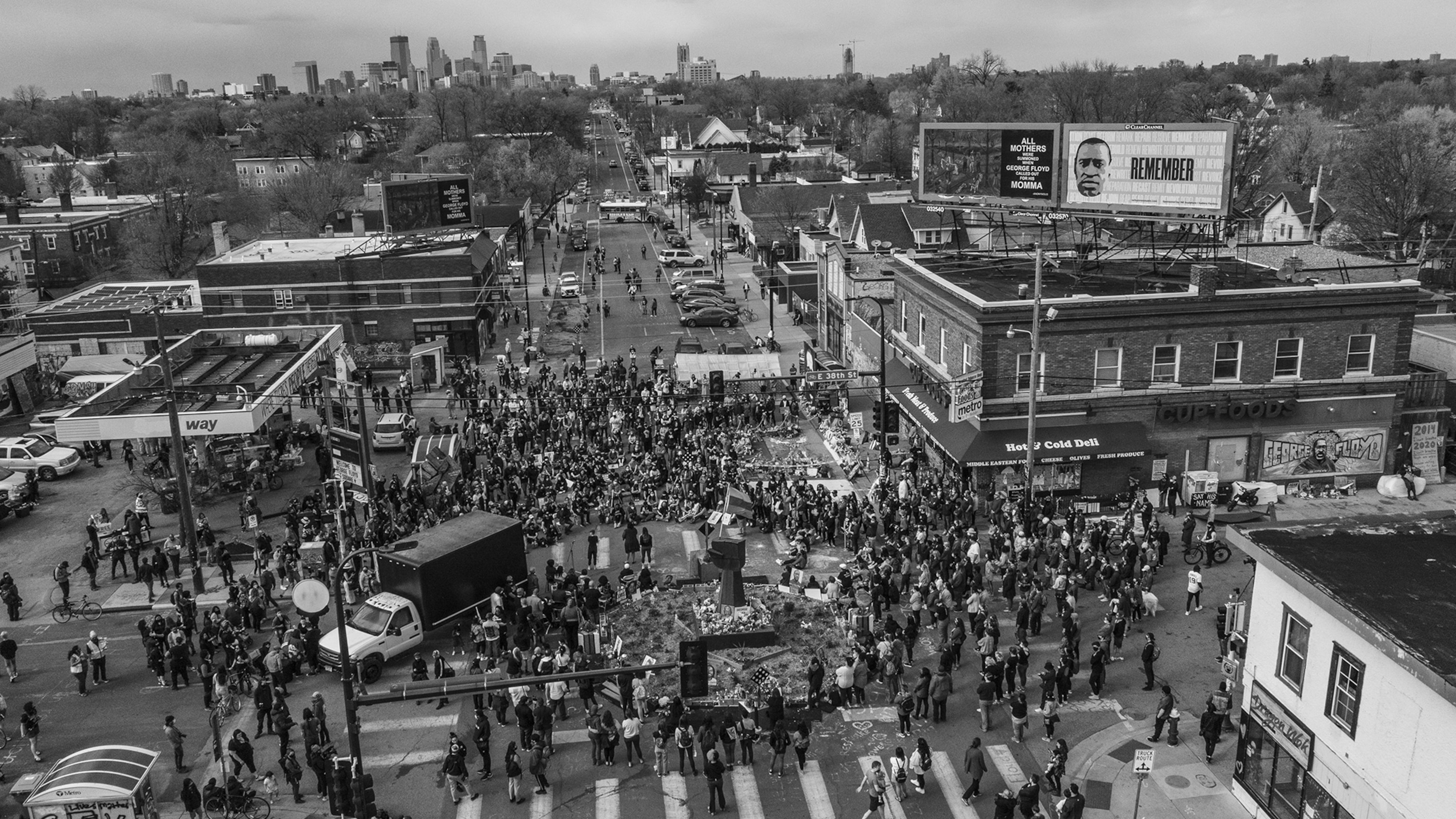
The assault on American institutions has been unrelenting in recent times. But the institutions that are the bedrock of our nation have withstood the onslaught. The presidential election of 2020 divided the nation, but the rule of law prevailed. The January 6th mob attack on the Capitol, by an insurrectionist mob intent on overturning the election of President Joe Biden, was thwarted after several harrowing hours.
Now, our court system has delivered justice. When dismissing the jury, Hennepin County Judge Peter A. Cahill, who presided over the trial, thanked the jurors for “heavy duty” jury service, which was a succinct way of praising them for faithfully deciding the outcome of one of the most closely watched criminal trials in the history of modern American jurisprudence.
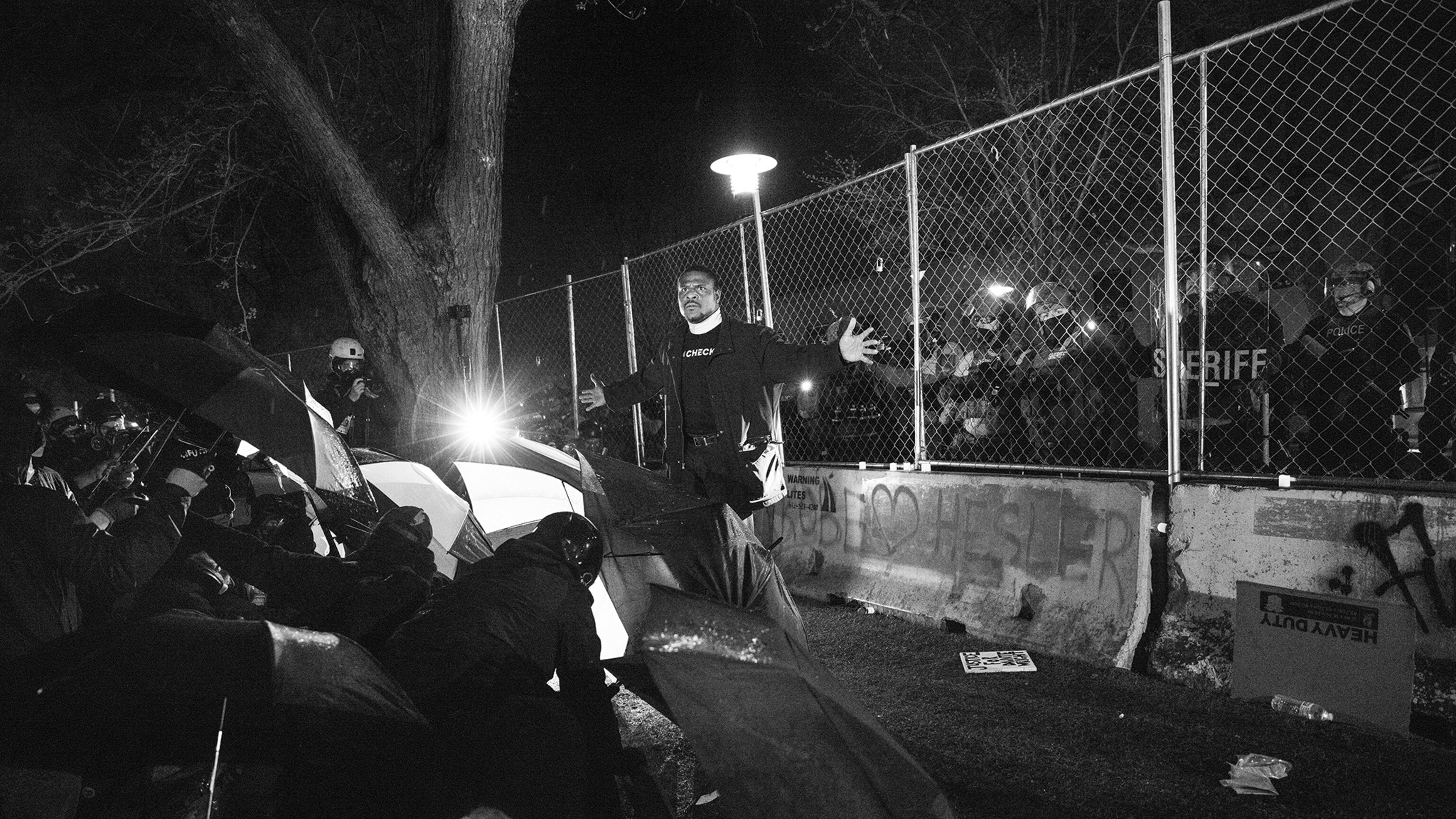
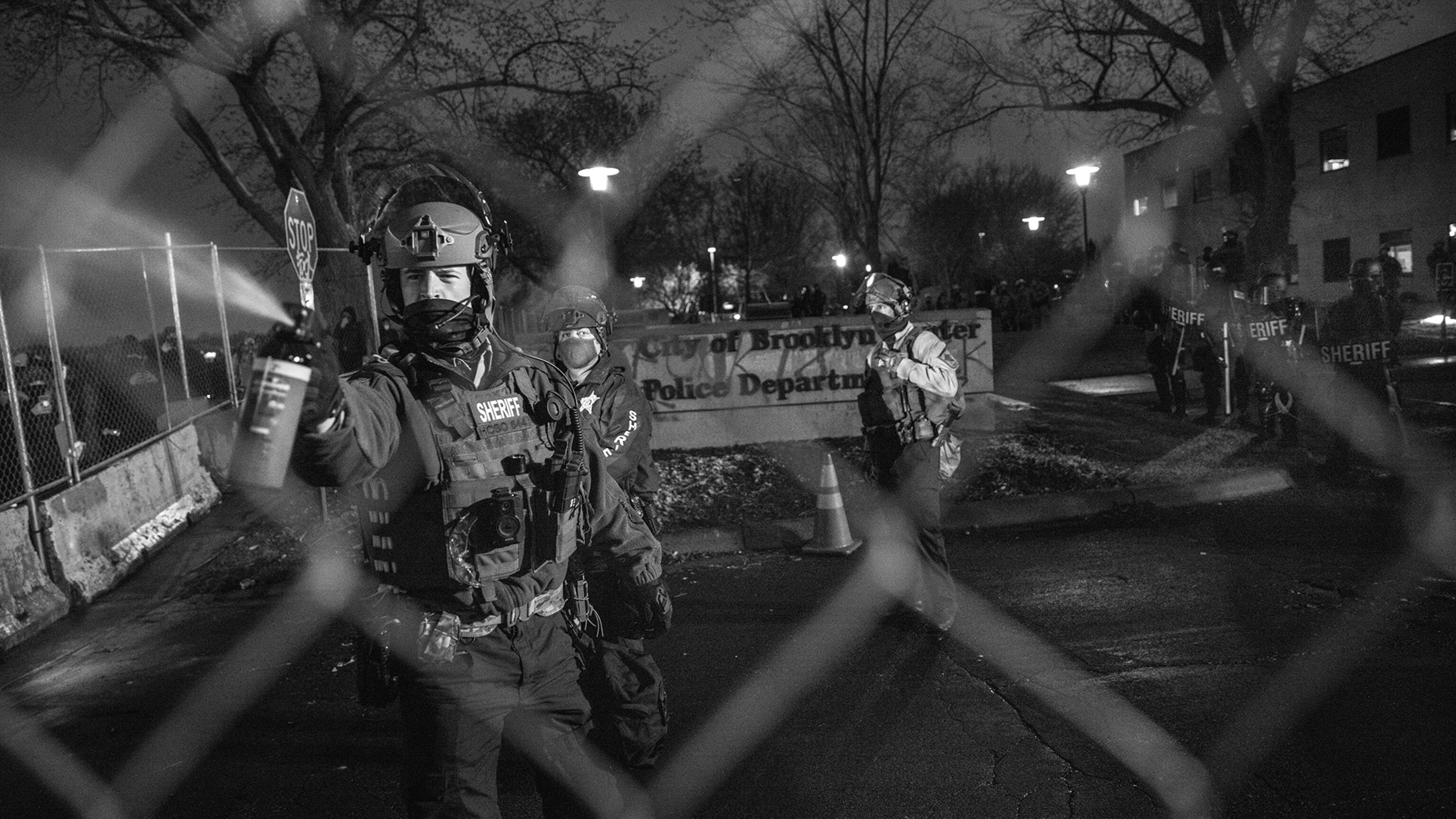
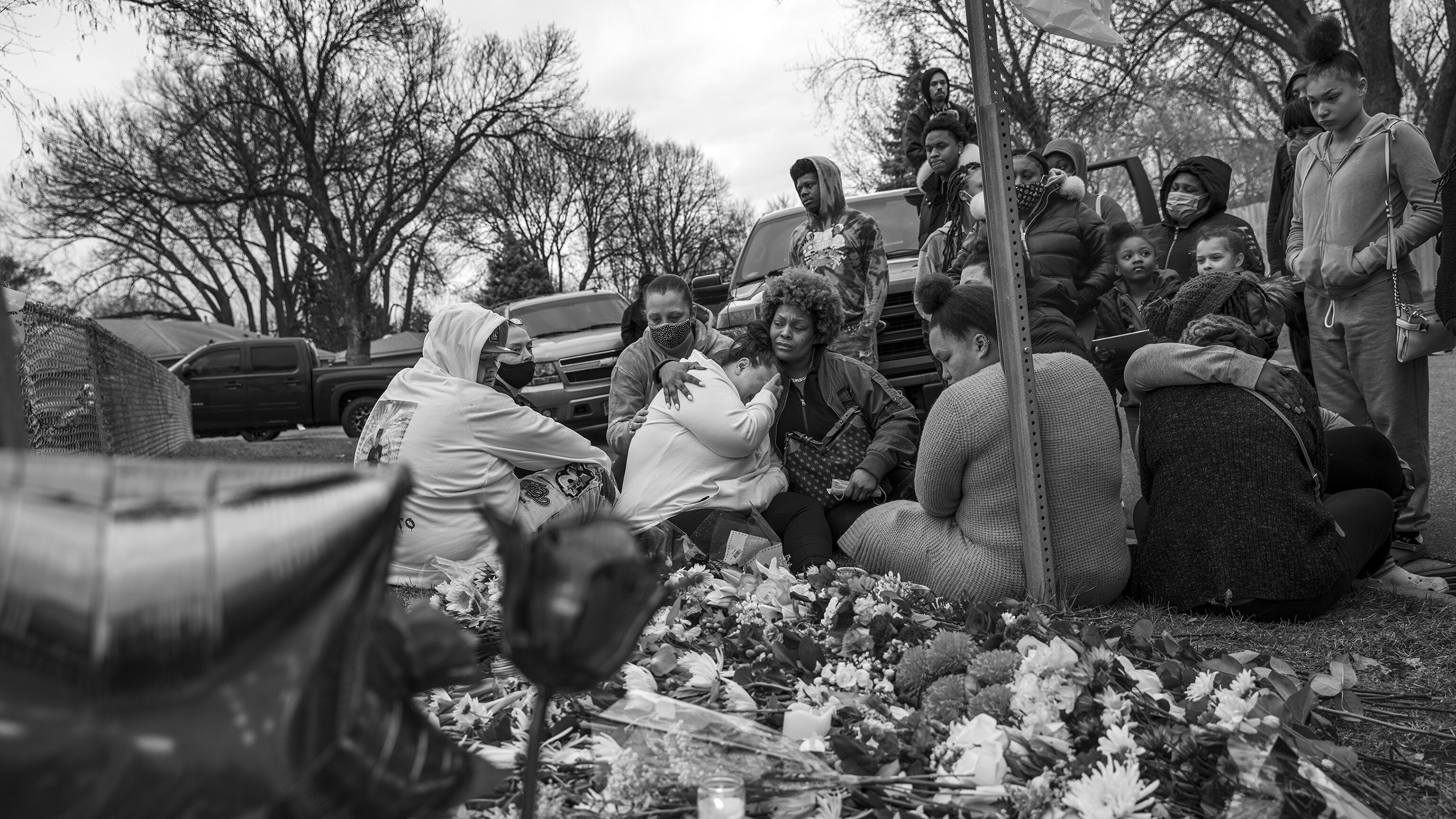
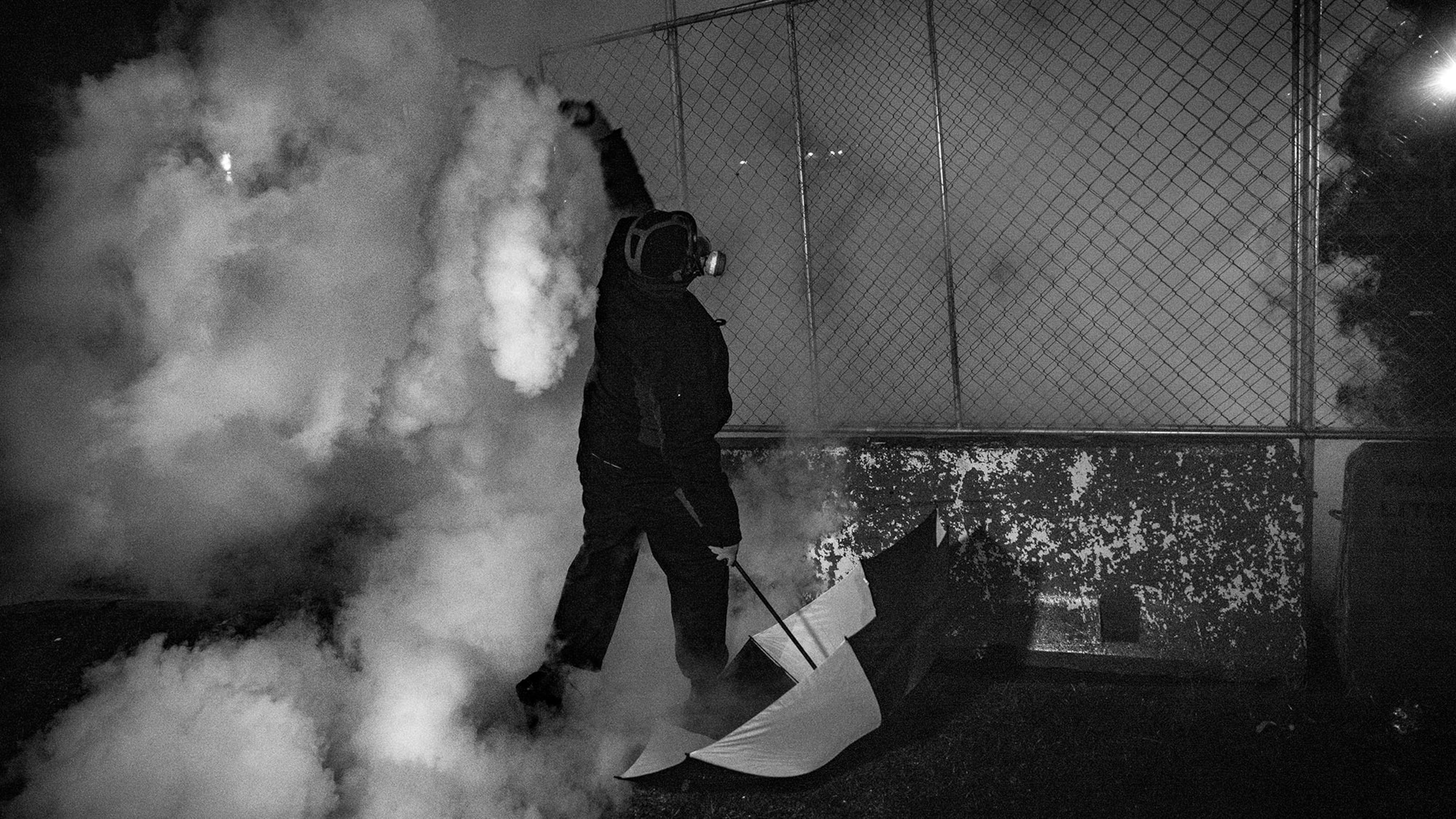
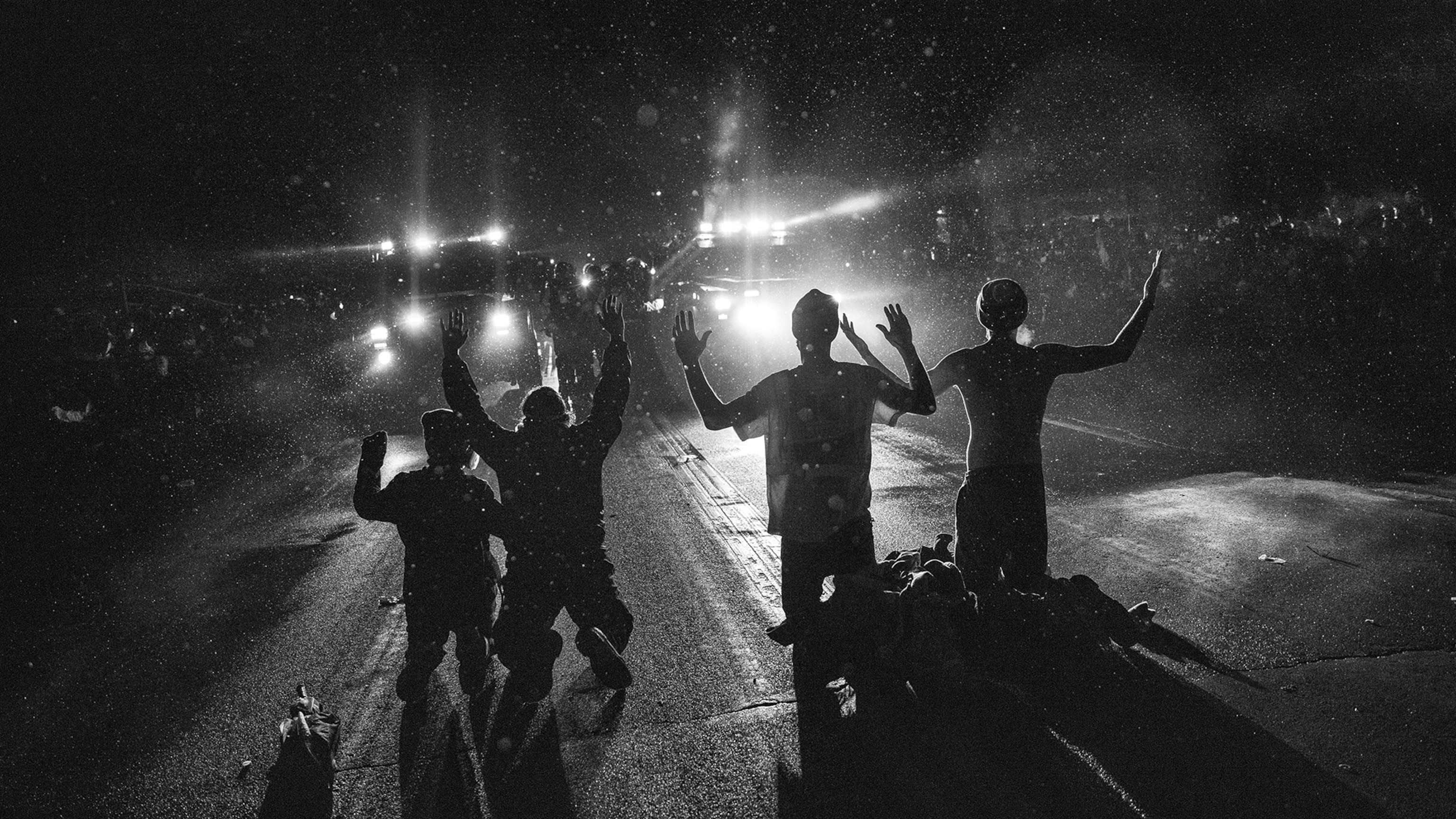
Some may question the highly emotional expressions of joy and celebration now occurring across the nation in the wake of Chauvin’s guilty verdict. The answer can be easily understood.
Many African-Americans, who have had reason to believe that the nation’s system of law enforcement would never be held accountable for a history of reckless assault on Black Americans, now find a measure of solace and hope in Chauvin’s verdict. To them, the verdict says George Floyd’s life mattered.
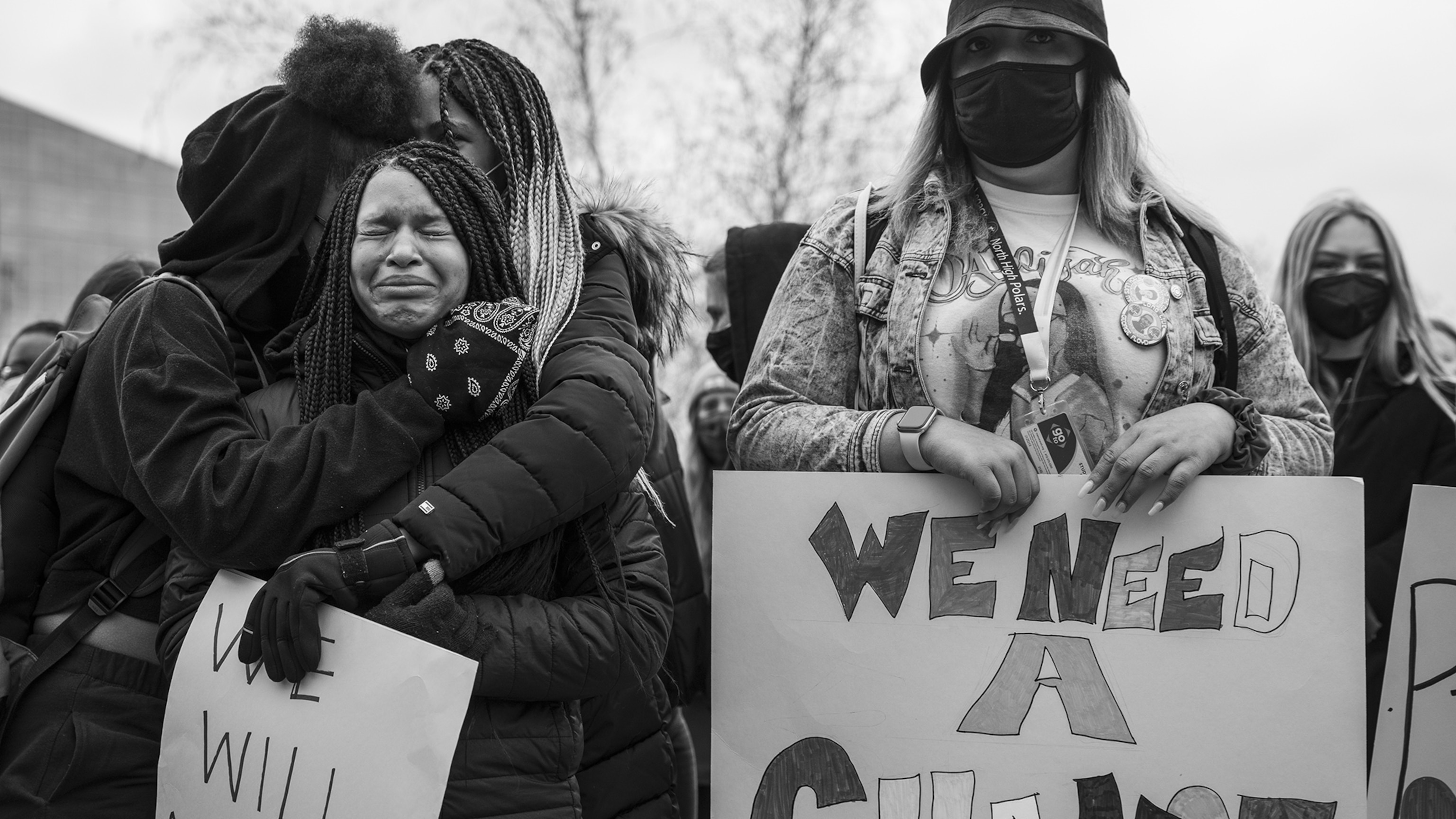
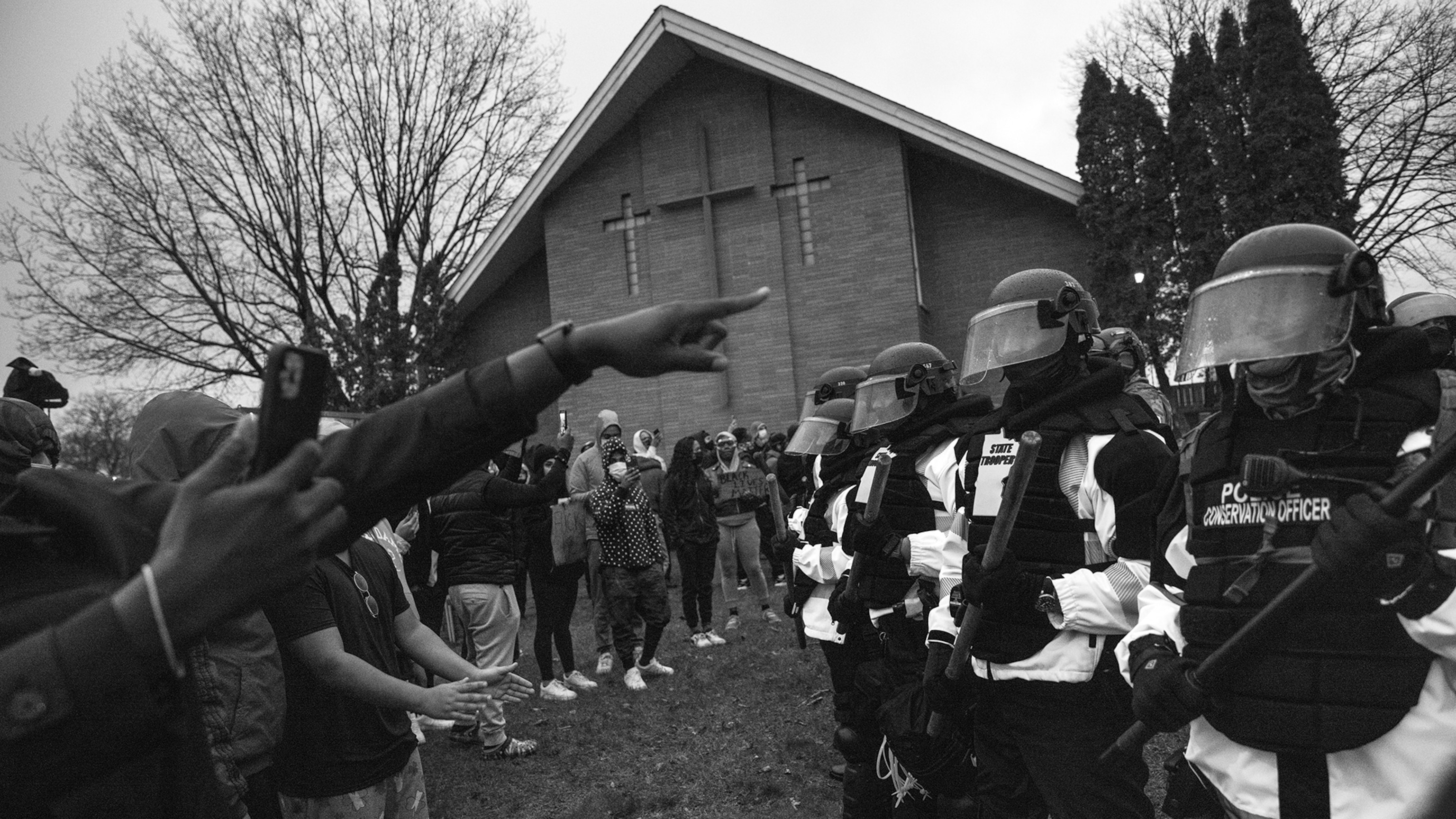
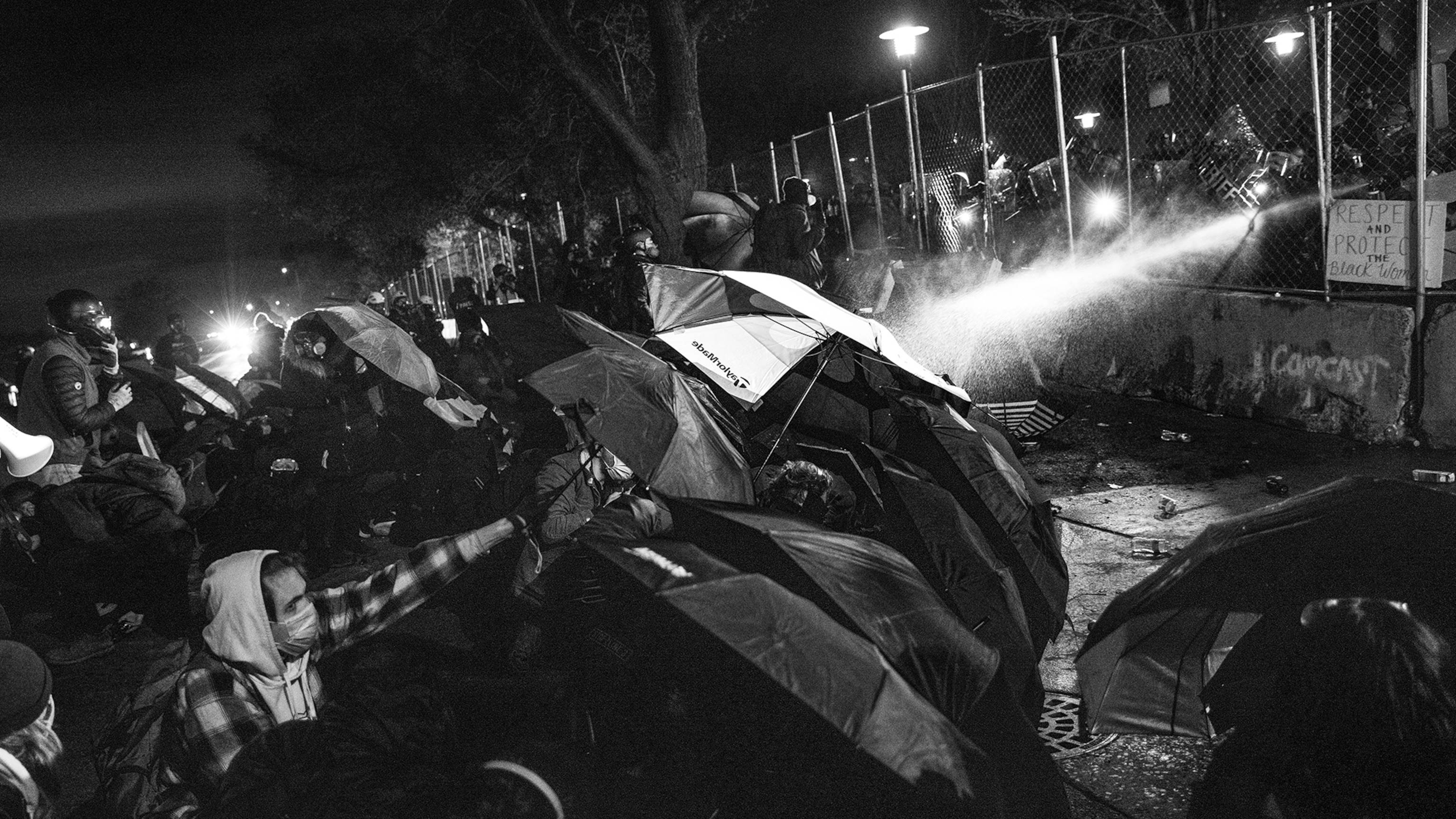
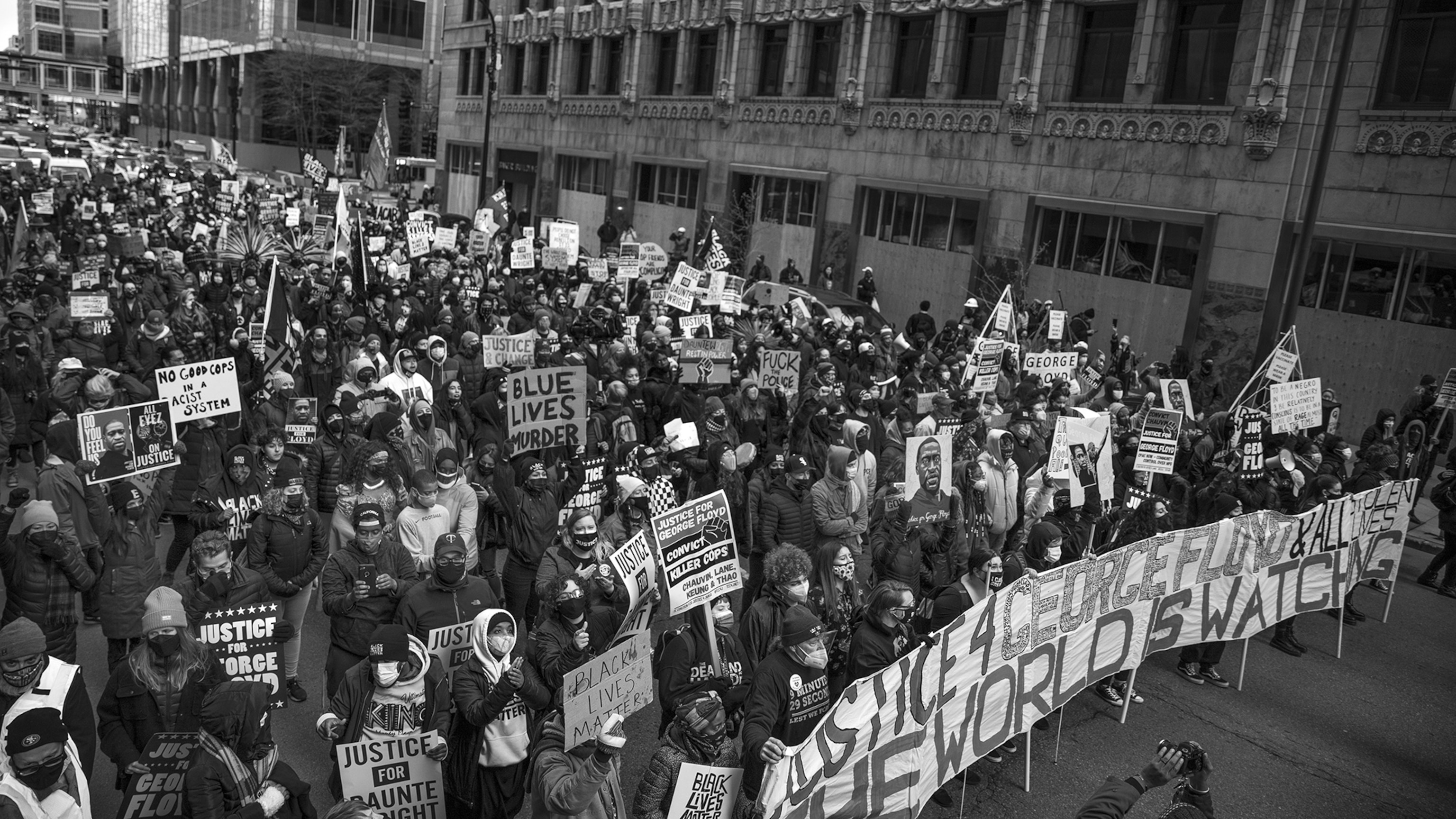
Much work remains to be done. Reforms in police training, crisis intervention, and modes of communication between police and communities must be constantly evaluated and improved with a keen eye both to the safety of police and those they are hired to serve.
Even as the Chauvin guilty verdict afforded a nervous nation an opportunity to take a deep breath, another Minneapolis-area family grieves the police shooting of Daunte Wright, a 20-year-old African-American male. Wright was killed during an April 11th traffic stop after a white police officer said she confused her gun for her Taser and shot Wright after a brief struggle with officers.
American racial justice, so often fragile, remains a work in progress. This is the first time in Minnesota history that a police officer has been held accountable for the killing of a Black man. The Chauvin verdict has shown us something, at least this time, about how to live up to the promise of equality under the law.

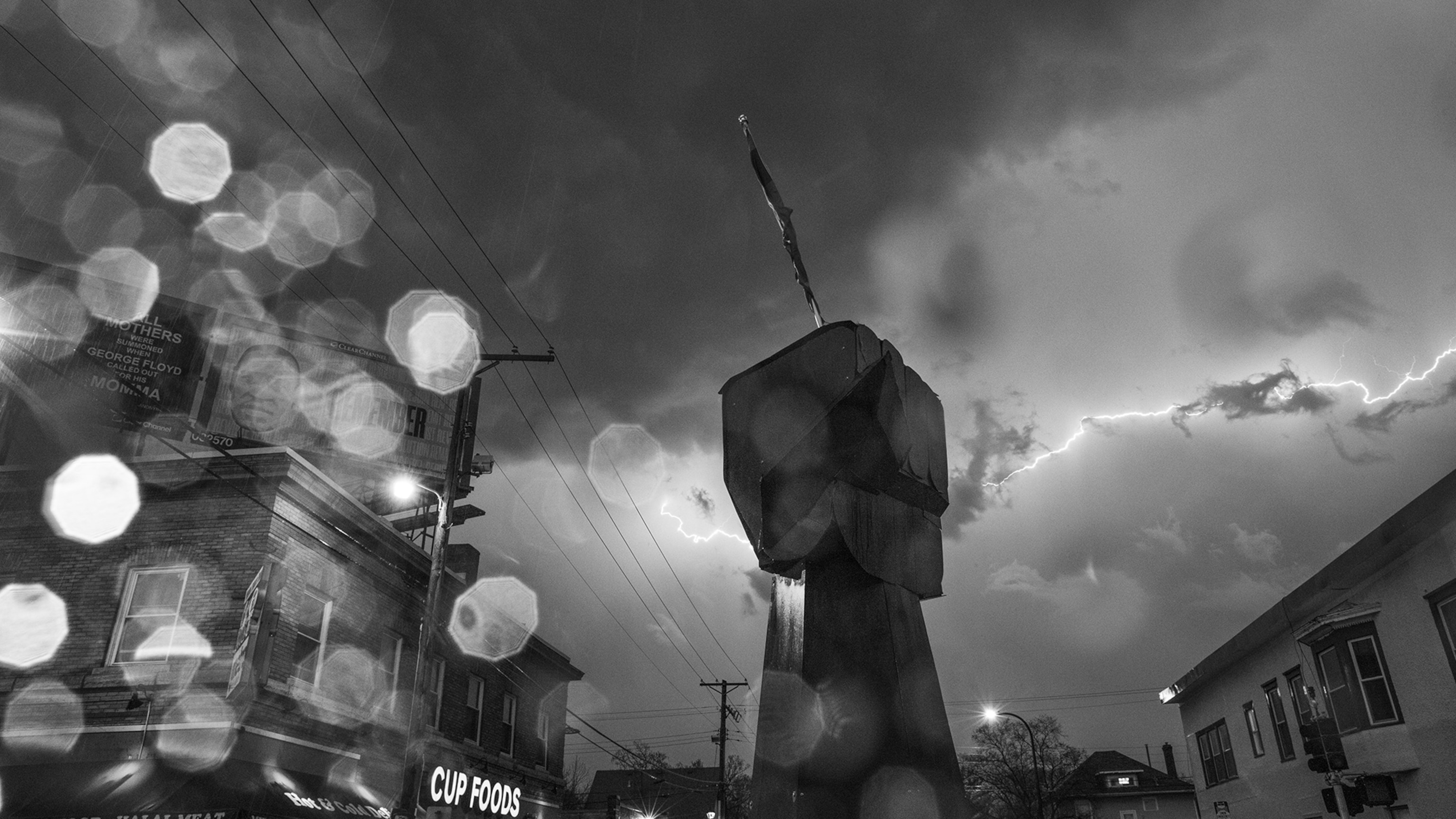
Phillip Morris is a Cleveland-based journalist who often explores issues of race, class, and culture.
David Guttenfelder is an award-winning photojournalist focusing on global geopolitics and conservation who is currently based in Minneapolis, Minnesota.

